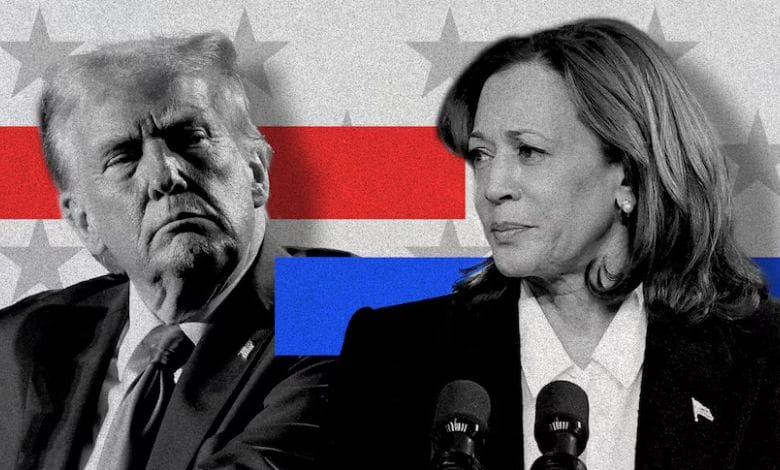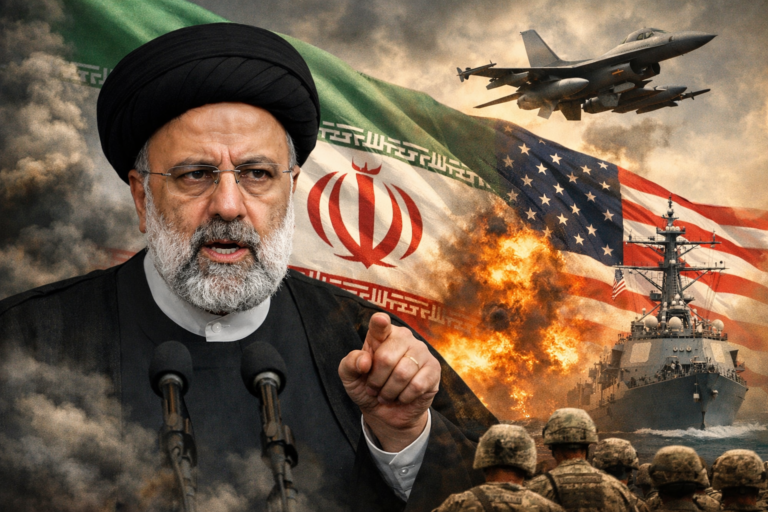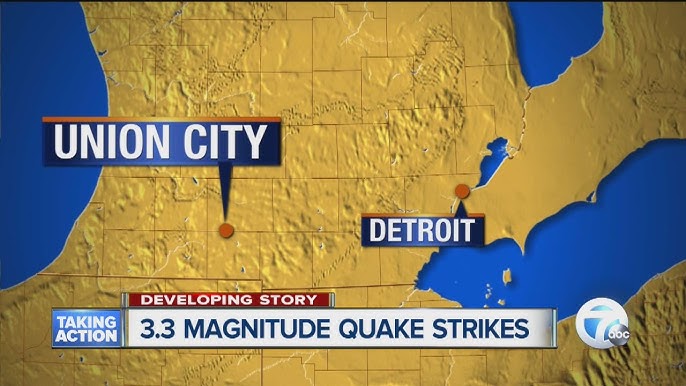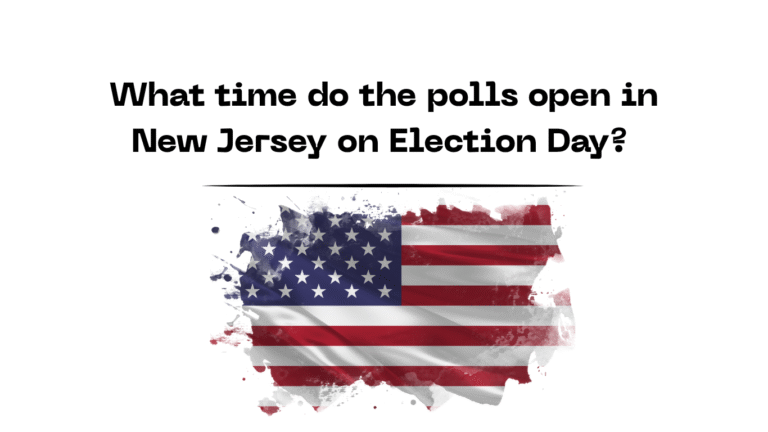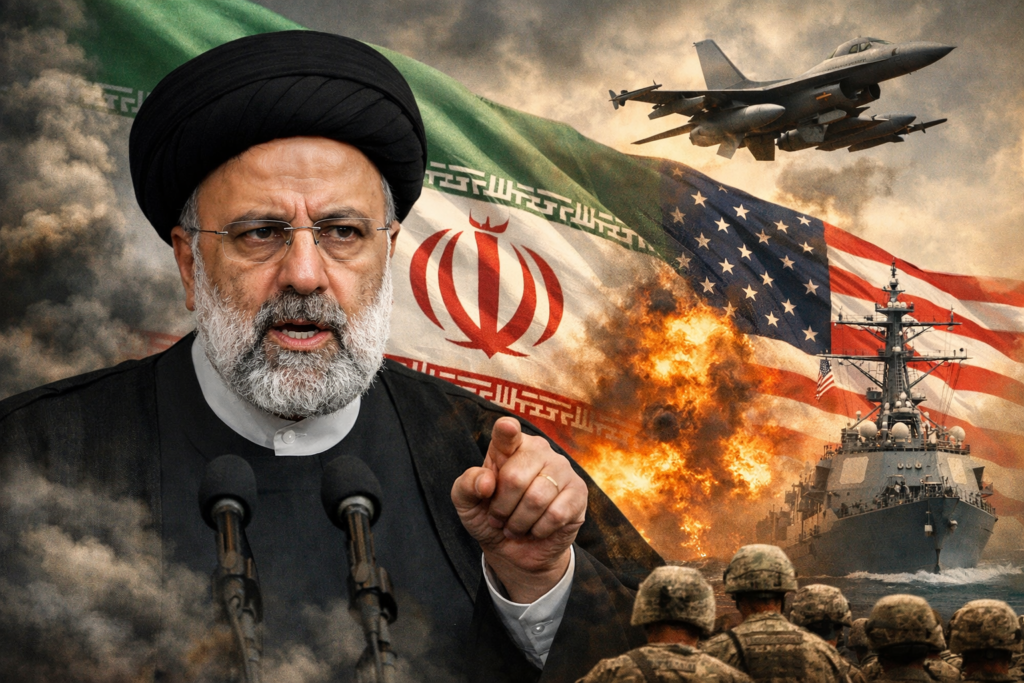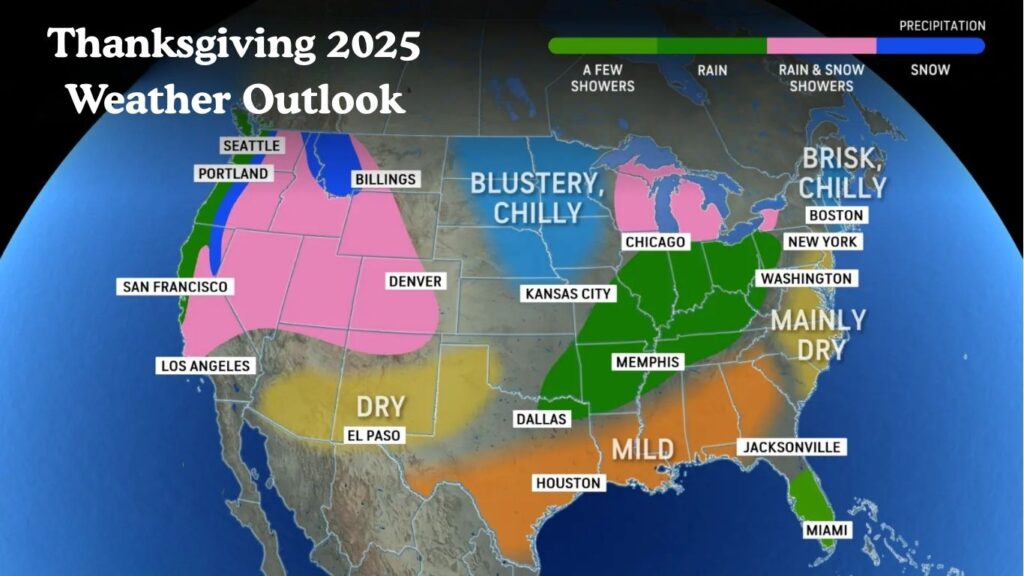In a recent tweet, Donald Trump emphasized his commitment to combating what he terms the “swamp” in American politics, urging his followers to make their voices heard in the electoral process. His message, delivered through his official Twitter account, underscores a central theme of his political narrative: the fight against corruption and the establishment.
The Message Behind the Tweet
Gun owners must register to Vote, TODAY, if you want to save your guns. Our Second Amendment is under Siege by the Democrats. They want to confiscate your guns. BE SMART. VOTE!!! https://t.co/czQRkZmYUH
— Donald J. Trump (@realDonaldTrump) October 21, 2024
Trump’s tweet, “Swamp the Vote USA,” encapsulates his belief that the electoral process is vital for draining the swamp in Washington, D.C. He encourages Americans to actively participate in elections, highlighting the importance of voting as a means to challenge the political establishment. This message resonates with many of his supporters who feel disenfranchised by traditional political mechanisms.
Understanding the “Swamp” Metaphor
The term “swamp” has become a recurring motif in Trump’s rhetoric, symbolizing the entrenched political elite and bureaucratic inefficiency that he claims undermine American democracy. By advocating for voters to “swamp the vote,” Trump is not only calling for increased voter turnout but also encouraging a grassroots movement to reclaim power from established interests.
Implications for Voter Engagement
Trump’s call to action reflects a broader trend in American politics, where voter engagement and participation are critical to shaping the political landscape. His emphasis on “swamping the vote” serves as a rallying cry for those who believe in the need for significant change in Washington. It also highlights the importance of grassroots movements in influencing electoral outcomes.
Media Accountability vs. Political Allegations: The 60 Minutes and Trump Controversy Explained
The recent controversy involving 60 Minutes and former President Donald Trump revolves around accusations of “deceitful editing” following an interview with Vice President Kamala Harris. Trump claims that the interview was manipulated to show Harris in a favorable light, stirring political tensions ahead of key political moments. CBS quickly responded to these claims, denying any wrongdoing and clarifying their editorial choices. The network explained that different segments of Harris’ responses were used in the program and previews, a common editing practice to fit within the constraints of broadcast time.
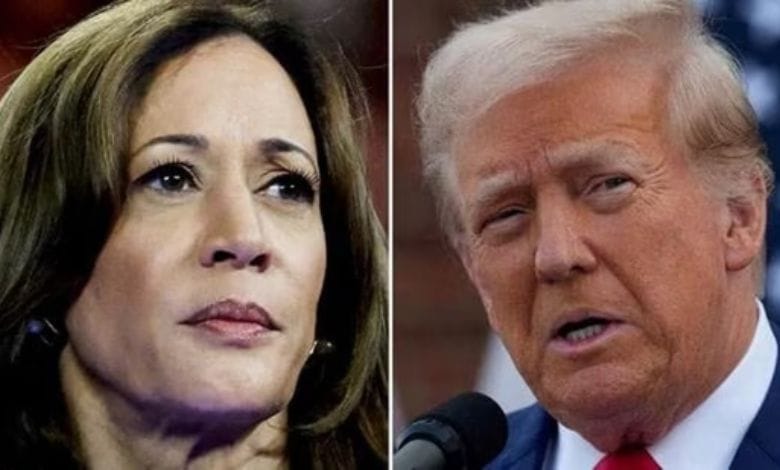
Breakdown of the Controversy
The dispute started after 60 Minutes aired an interview with Vice President Kamala Harris on October 7, 2024. Trump’s team accused the program of intentionally manipulating the footage, suggesting that Harris’ responses were edited to make her appear more competent or polished. The former president and his supporters have long voiced frustrations with mainstream media outlets, often accusing them of bias and unfair treatment.
CBS’s Response and Clarifications
CBS, through its flagship program 60 Minutes, issued a detailed response. They categorically denied Trump’s allegations of deceitful editing, explaining that both the broadcast version of the interview and the preview clips used the same question and answer. However, different portions of Harris’ response were selected for each version to fit within the show’s time constraints. According to 60 Minutes, this editing decision is routine and not politically motivated.
CBS went further to remind viewers that Trump had previously canceled an interview with 60 Minutes, leaving only the Harris interview for broadcast. They reiterated that Trump had declined their invitation for a follow-up interview, which remains open should he wish to discuss the matter further. This was a critical point CBS wanted to clarify: Trump’s absence from their platform was by his own choice, not due to exclusion or unfair treatment.
Media and Political Reactions
The controversy around this interview has further polarized political discourse in the U.S., with Trump supporters echoing his claims of media manipulation, while others defend 60 Minutes as adhering to journalistic standards. The situation has reignited debates about media fairness, the role of journalism in politics, and the relationship between the press and public figures.
A Pattern of Tension
This incident is not the first time Trump has clashed with 60 Minutes. During his presidency, Trump walked out of a highly publicized interview with Lesley Stahl in 2020, accusing the network of bias and unfair coverage. Since then, Trump has frequently singled out 60 Minutes and other mainstream media programs, positioning himself as a critic of the media landscape.
Trump’s claims about the Harris interview fit into a broader narrative he has pushed over the years — that the mainstream media systematically works to discredit him and his supporters. He has often used this narrative to rally his political base, portraying himself as a victim of a biased press. These claims have become a central theme in his post-presidency messaging.
The Role of Editing in Journalism
Editing in broadcast journalism is standard practice to ensure that interviews fit within program time limits. In most cases, interviews are edited for clarity, brevity, and content focus. CBS’s decision to use different parts of Harris’ response in their previews versus the broadcast version is typical of how media companies handle interviews with political figures, celebrities, or other public figures.
However, claims of “deceitful editing” can carry weight in politically charged environments. In a media landscape where trust is increasingly fractured along partisan lines, accusations like Trump’s can fuel skepticism toward mainstream news outlets, even when no wrongdoing has occurred.
Trump’s Influence on Media Perception
Former President Trump has long had a complicated relationship with the media. His ability to dominate the news cycle — whether through Twitter before his ban, campaign rallies, or press interactions — has been central to his political strategy. This recent controversy with 60 Minutes is another example of how Trump leverages media confrontations to energize his base.
Since leaving office, Trump has continued to criticize news outlets that he believes misrepresent him. The 60 Minutes incident provides Trump an opportunity to further assert that mainstream media platforms are not just adversaries but are actively working against him and his political allies.
The Importance of Transparency in Journalism
While Trump’s allegations may resonate with his supporters, media outlets like CBS must continue to uphold their standards of transparency and accountability. In addressing the accusations, CBS made efforts to explain their editorial decisions to maintain credibility and reassure the public of their integrity.
For journalism to thrive in an era of heightened political tensions, transparency around editorial choices and practices is essential. This includes clearly explaining why certain decisions are made, especially when accusations of bias or manipulation arise. By responding quickly to Trump’s claims, 60 Minutes aims to demonstrate that they prioritize ethical journalism over political pressures.
The Future of Media and Political Relations
As media and politics become increasingly intertwined, controversies like this one will likely continue to arise. The role of the press in shaping public opinion, particularly around political figures like Trump and Harris, is more critical than ever. Media outlets will need to navigate these challenges carefully, balancing the need for journalistic integrity with the reality of political pressures.
Check out more articles on our Tech Blog
In the broader context, this situation reflects ongoing tensions between political figures and the media. As news programs continue to report on high-stakes political events, the scrutiny over their methods — including how they edit interviews and present public figures — will only intensify. Both politicians and media outlets will need to adapt to this new era of heightened accountability and transparency.
The controversy between 60 Minutes and Trump over the alleged “deceitful editing” of Kamala Harris’ interview serves as a reminder of the delicate relationship between the press and public figures. CBS’s response highlights the importance of transparency in editorial decisions, while Trump’s claims underscore his ongoing strategy of positioning himself as a media critic.
As media outlets like 60 Minutes continue to navigate these challenges, the future of political journalism will depend on maintaining trust with the public, ensuring fair coverage, and upholding the highest standards of ethical reporting. In a world where perceptions of bias are increasingly prevalent, clarity and honesty in reporting will remain vital for the integrity of the press.

